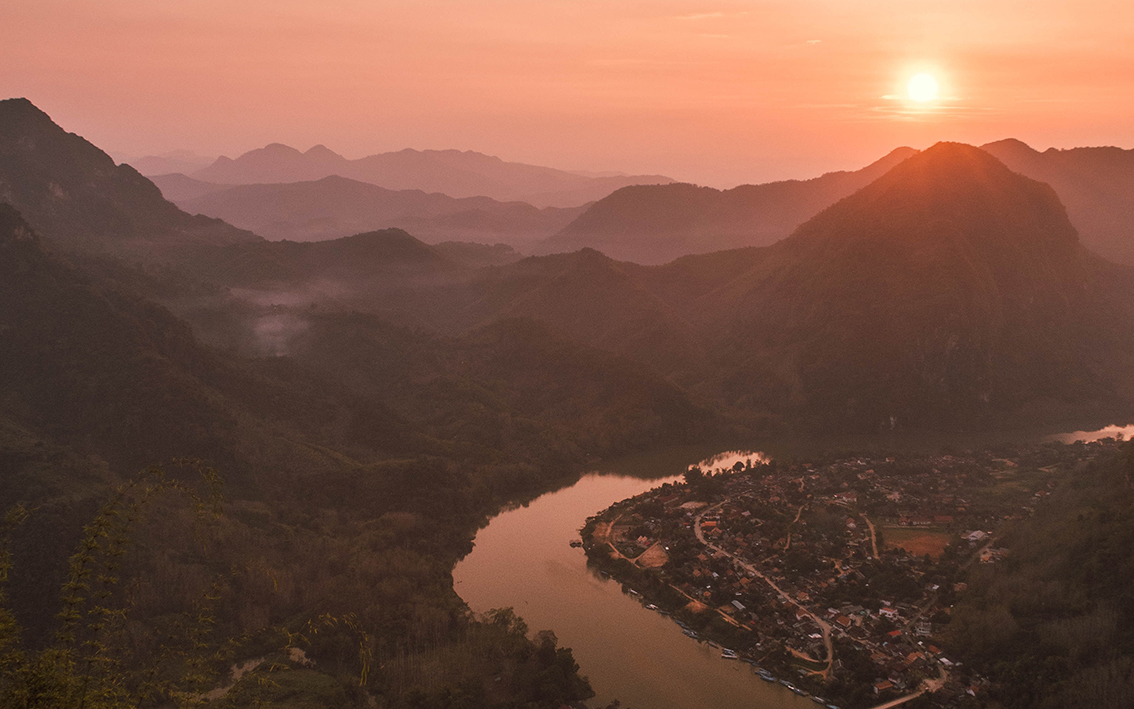Climate change impacts on hydro-generation and land suitability for agriculture
Full title: Climate change impacts on hydro-generation and land suitability for agriculture in Least Developed Countries in the Greater Mekong Sub-region (GMS)

29 September 2020
This project aims to understand the impacts of climate change uncertainty on water availability and land suitability for agriculture production in the three least developed countries in the Greater Mekong Sub-region, namely, Cambodia, Laos and Myanmar. It also identifies measures to enhance the resilience of the economy, especially of the rural agriculture communities to long-term climate change.
Economy and development of the least developed countries in the Greater Mekong sub-region, namely Cambodia, Laos and Myanmar, heavily depend on hydro-based electricity system and agriculture sector output. Hydro and other renewables such as biomass, wind and solar are expected to play a crucial role to enhance the electricity access and also to combat climate change in the case study countries. Unfortunately, climate extremes driven by climate change are particularly detrimental for hydro based electricity system and agriculture sector in developing countries. Rising temperatures, changing precipitation patterns, increasing weather variability and extreme events are projected to affect the energy system extensively. Monthly variation in precipitation under climate change will affect the water availability (inflow) for hydro power generations and agriculture and the land suitability for various crops due to water scarcity. This study focusses on building climate resilient economy specifically focusing on hydro generation and agricultural systems in the three least developed case study countries in the Mekong delta, namely, Cambodia, Laos and Myanmar.
The main objective of this project to understand the uncertainty around climate induced changes in precipitation, water inflow, and land-suitability for food and bioenergy production in the case study countries where electricity system is heavily dependent on hydro and also the economy of rural population heavily depends on the agriculture. The specific objectives of this research are:
- To understand how the long-term precipitations and water availability will change under different climate change pathways and its impacts on hydro generations;
- To quantify the changes in land-suitability for agriculture (food and biomass) under different climate change scenarios (Representative Concentration Pathways -RCPs);
- To identify critical research needs to build a climate resilient economy;
- To engage with relevant stakeholders and to disseminate the project findings;
- To enhance the awareness of climate change and mitigation options among young generations targeting school children in Myanmar via a pilot program; and
- To enhance research network between UCL and researchers in the case study countries.
- Impact, Influence & Outreach
End of project dissemination workshop
- People
Dr Gabrial Anandarajah (PI)
Dr Olivier Dessens (Co-I)
Dr Femi Eludoyin- Collaborators
Mr Aung Thet Paing, Federation of Myanmar Engineering Societies- Fed.MES, Myanmar
Photo by Giuliano Gabella on Unsplash
 Close
Close

